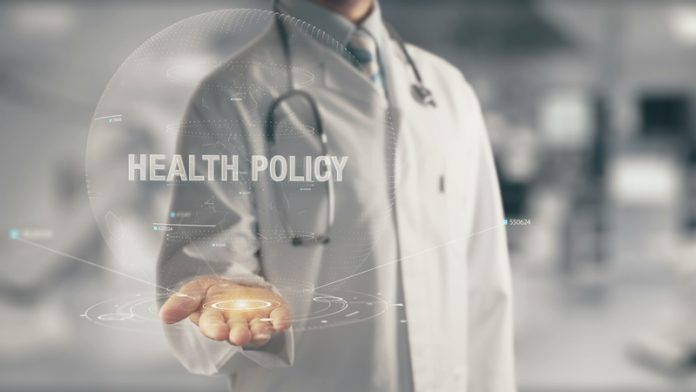Dr Usman Khan, Executive Director of the European Health Management Association tells us his thoughts on public health in the European space
In a post-truth age, there still appears to be a degree of consensus that undertaking comparative research is a good thing to do. It is certainly the case that a significant amount of health research is undertaken at European level through established streams of work, such as the European Commission’s Horizon 2020 programme.
As a long-established partner in providing expertise in stakeholder engagement and knowledge dissemination for such projects, the European Health Management Association (EHMA) has seen this particular aspect of the European policy process at first hand. Yet whilst as a membership-led Brussels based NGO, EHMA is fully committed to supporting the development of effective healthcare solutions.
Health policy
I used a recent keynote presentation at an international public health conference in Sofia to reassess the ultimate value of such work. The question I sought to answer was to assess if there is a gap between the ‘what’ of European health policy and the ‘how’ of practice on the ground at a national level and if so, whether such a gap can be bridged?
The question can most usefully be broken down into the following five sub-questions:
- Do European and national health policies align?
- Is there a common understanding of what works?
- Do we know how to transfer knowledge on what works?
- Do we know the value of European collaboration in supporting improvement?
- Do we know how to bring this all together?
That first question, raising as it does the notion of health system convergence, would appear to provide a broadly affirmative response. European nations are increasingly finding themselves facing aligned demand drivers, characterised by a general levelling or fall in injuries and communicable diseases, set against marked increases in non-communicable disease such as diabetes and cardiovascular disease. This is feeding itself into a degree of policy alignment, which is manifested at a global level through initiatives such as the WHO’s Sustainable Development Goals and at a European level, with programmes such as the European Innovation Partnership (EIP) on Active & Healthy Ageing.
But agreeing on ‘what?’ does not necessarily imply that there is common agreement as to ‘what works?’ And in this regard, the connection between policy development, evaluation and evidenced-based healthcare requires further scrutiny. From experience, EHMA has often found that whilst what one may term the long game – programme evaluation and impact assessment are well developed at the European level, it could be contended that this does not always translate into programmes of fully assessed and road tested programmes ready to implement at a national level. That said, I have also seen increasing evidence of a more flexible and dynamic approach emerging in some research programmes, incorporating more immediately accessible methodologies such as the Plan, Do, Study, Act approach.
Taking the discussion one step further, it is also evident that spinning a golden thread that connects policy to practice, not only requires a clear and evidenced assessment of what works, but it also requires that stakeholders know how to transfer this knowledge from a supranational to a national, local and institutional level.
Like the childhood game of ‘broken phone’, the risk of the essence of an improvement initiative being lost as it is repeatedly represented in different settings, is a significant one, but at EHMA our experience is that the policy process is responding to this challenge by finding new and innovative ways to facilitate effective knowledge transfer. Many of these connect to the fourth question I have posted, of assessing the particular added value of European collaboration, where the quite unique combination of a common political mandate can provide a particularly empowering space for a mutually beneficial knowledge exchange.
So, one comes full circle to consider the overall effectiveness of the European knowledge transfer and improvement project, where the school report is likely to say, ‘good progress, but could do better’. The key to such improvement will involve the further evolution of the relationship between European agencies and their academic and NGO partners and national agencies and service delivery organisations. Improved two-way communication, the ability to creatively interject within the research process and a greater focus on developing the toolkit for knowledge transfer – will all help to ensure that the greatest value is reaped from this significant part of the European improvement project.
Usman Khan
Executive Director
European Health Management Association
Tel: +32 (0)2 502 6525











